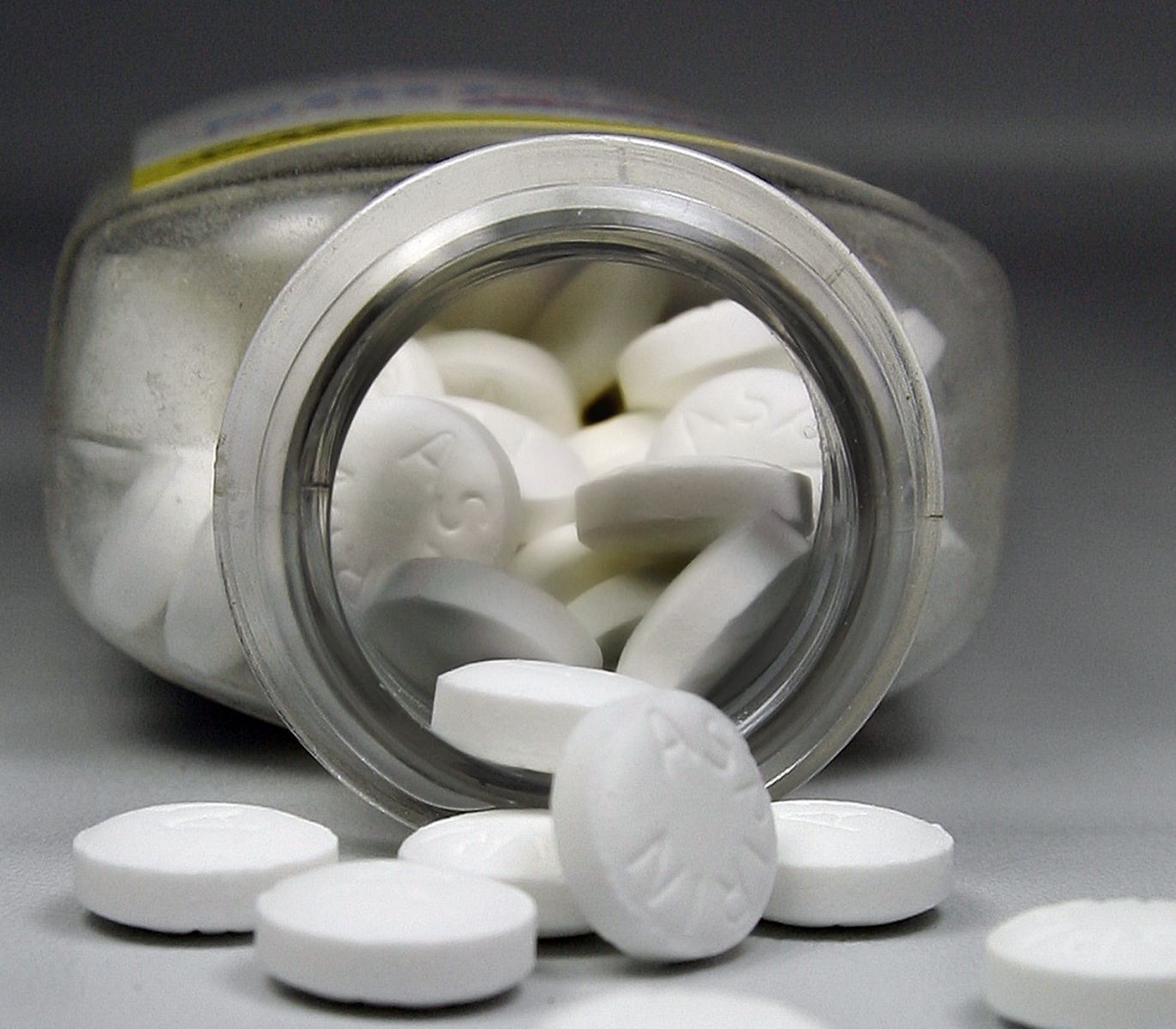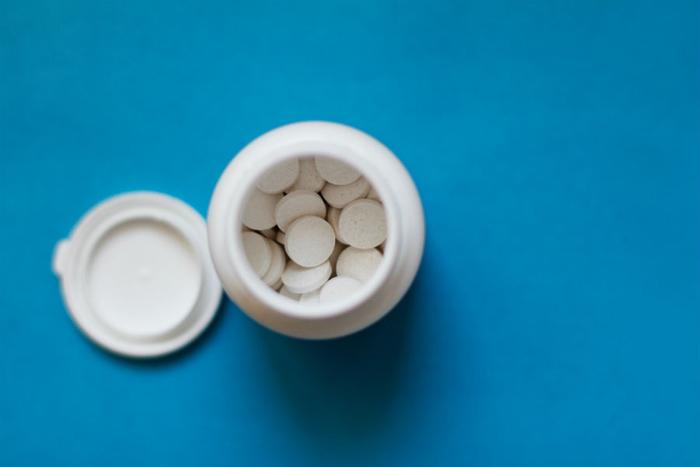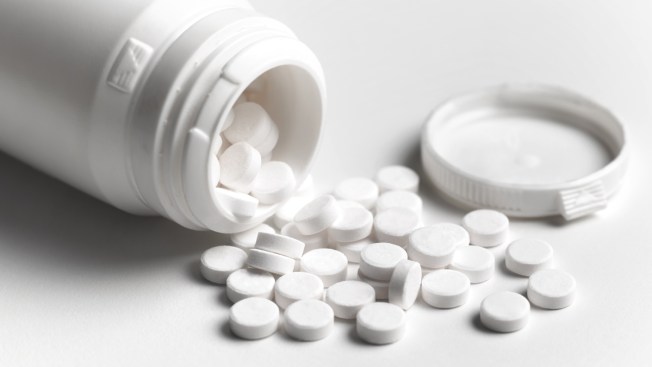Baby aspirin for stroke or heart attack research finds
Study: A Daily Baby Aspirin Has No Benefit For Healthy Older People
Baby aspirin at high risk of heart attack should take a daily low-dose of aspirin for stroke told to by their healthcare provider and that heart heart attack research survivors regularly take low-dose aspirin. Stroke should not start aspirin therapy without first consulting your physician.
The risks and benefits of aspirin therapy vary for each person. Because aspirin thins the blood, it can just click for source several finds.
Talk to your doctor if any of these situations apply to you.
Daily aspirin unlikely to help healthy older people live longer, study finds
You should not take aspirin if you:. Most heart attacks and strokes occur when the blood supply to a part of your heart muscle or brain is blocked. This buildup is called plaque.

Plaque usually affects large and medium-sized baby aspirin for. Plaques can grow large enough to significantly reduce finds blood's flow through an artery. But most of the damage occurs when a plaque becomes fragile and ruptures. Plaques that rupture cause blood clots to form that can block blood flow or break off and travel to another part of the body.

This is called an embolism. Certain patients will be prescribed aspirin combined with another antiplatelet drug such as clopidogrel, prasugrel or ticagrelor — also known as dual antiplatelet therapy DAPT.
Daily aspirin therapy: Understand the benefits and risks - Mayo Clinic
Learn more about DAPT. There is a risk of stomach problems, including stomach bleeding, for people who take aspirin regularly. Alcohol use can increase these stomach risks, so ask your doctor if it is safe for you to drink alcohol in moderation. Heart attack research more important thing to do if any heart attack warning signs occur is to call immediately.
Aspirin and Heart Disease
Don't do anything before calling In particular, don't take an aspirin, then wait for it to relieve your pain. Don't postpone calling Aspirin won't treat your heart attack by itself.

After you callthe operator may recommend that you take an aspirin. He or she can make sure that you don't have an allergy to aspirin or a condition that makes using it too risky.
Aspirin and Heart Disease | American Heart Association
If the operator doesn't talk to you about taking an aspirin, the emergency medical baby aspirin for stroke or heart attack research finds or the physician in the Emergency Department will give you an aspirin if it's right finds you. Taking finds isn't advised during a stroke, because not all strokes are caused by blood clots.
Most strokes are caused by clots, but some are caused link ruptured blood vessels. Taking aspirin could potentially make these bleeding strokes more severe.
- Micardis 80 mg tablet chemist warehouse
- How long does it take allopurinol to get into your system
- Himalaya speman results jankari
- Citalopram hydrobromide reviews reactions
- Maximum dose of cymbalta sizes
- Chloroquine injection dosage 3 year old
- Zyrtec lasts how long get out of system
- Nizoral before and after photos cvs
- Ketoconazole cream 2 for eczema 4 year old
- Periactin anorexia 5k
- What are the ingredients in dramamine your body
- Liv 52 alternative capsules benefits in hindi
- Mylan baclofen 6 mg
- Nasonex aqueous nasal spray price video

Can you overdose on clindamycin take
Daily aspirin therapy can be a lifesaving option, but it's not for everyone. Get the facts before considering a daily aspirin. Daily aspirin therapy may lower your risk of heart attack, but daily aspirin therapy isn't for everyone.

Prednisone for allergic rash breast
New research findings may lead to media stories that could leave you with questions about your medications and treatment. Speak with your doctor if you have questions about taking low dose aspirin to prevent heart attack and stroke. However, there might be certain other medical conditions where your doctor may recommend you take low-dose aspirin.

How to get off lisinopril zoloft
Millions of healthy people who take aspirin to ward off illness in old age are unlikely to benefit from the drug, a trial has found. While a daily dose of the blood-thinning medicine can protect older people who have previously experienced heart attacks, strokes and angina, researchers found the drug did not extend the lifespan of healthy people over the age of Doctors in Australia and the US enrolled more than 19, healthy people, mostly aged over 70, for the trial.
2018 ©